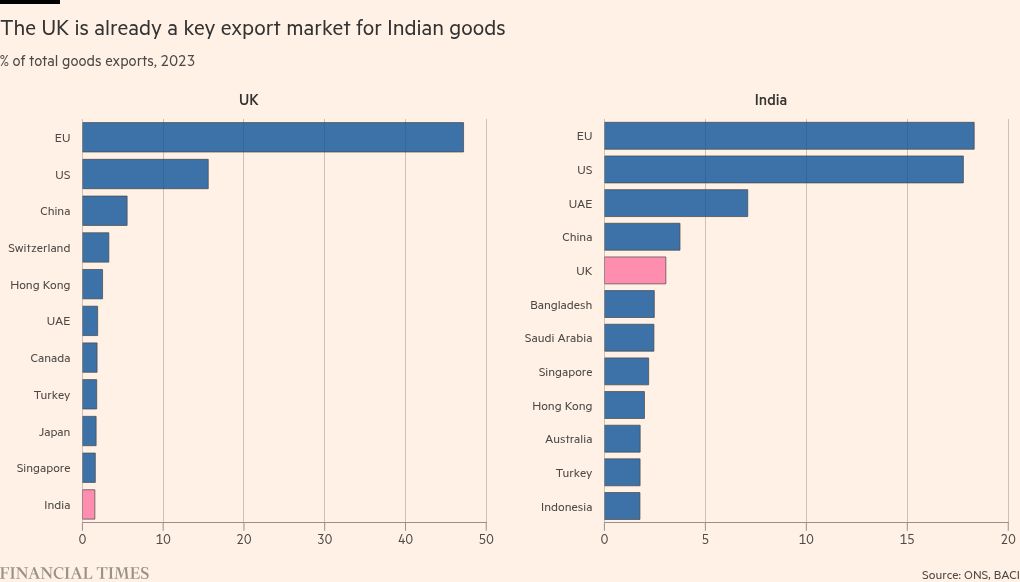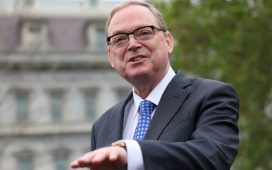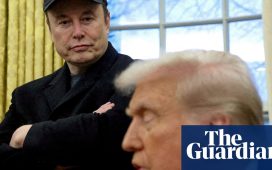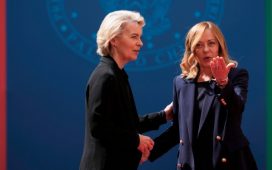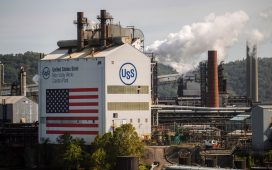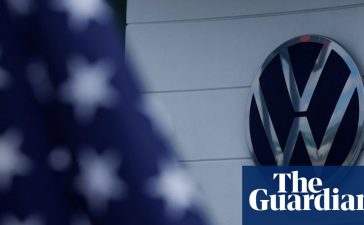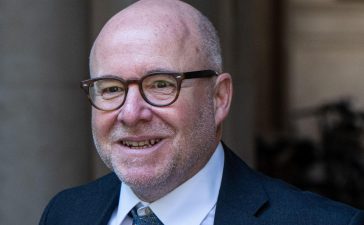Unlock the Editor’s Digest for free
Roula Khalaf, Editor of the FT, selects her favourite stories in this weekly newsletter.
Britain and India on Tuesday agreed a “landmark” free trade agreement, which London claimed would boost the British economy by £4.8bn in the long run, with big cuts to Indian tariffs on UK exports of whisky and cars.
Talks on the deal, which have dragged on for three years, accelerated in the wake of US President Donald Trump’s imposition of global tariffs last month, with London and New Delhi keen to seal closer trade ties.
“In a historic milestone, India and the UK have successfully concluded an ambitious and mutually beneficial Free Trade Agreement,” Indian Prime Minister Narendra Modi posted on X after a conversation with his UK counterpart Sir Keir Starmer.
Modi added that the deal “would help catalyse trade, investment, growth, job creation and innovation in both our economies” and that Starmer would visit India soon.
British ministers hope the India trade deal could be a prelude to the signing of an agreement with Trump in the coming days, ahead of a deal with the EU to start improving bilateral trade links at a summit on May 19.
While Britain secured lower tariffs for exports to India including on whisky, gin and cars, New Delhi wanted better terms to help its professional workers take jobs in the IT sector, as well as lower textile tariffs.
Starmer said the deal was a response to “a new era for trade and the economy” and was a sign that his government, which was battered in local elections last week, was delivering for the British public.
“Today, we have agreed a landmark deal with India, one of the fastest-growing economies in the world, which will grow the economy and deliver for British people and business,” he said.
Whisky and gin tariffs will be halved from 150 per cent to 75 per cent before falling to 40 per cent by the tenth year of the deal. Car tariffs will fall from more than 100 per cent to 10 per cent, subject to a quota.
The UK government said cuts in tariffs on Indian products would help provide British shoppers with “cheaper prices and more choice” in areas including clothes, footwear and food products such as prawns.
Although full details are not yet available, the trade pact is expected to be one of the most significant new agreements signed by Britain since it left the EU, following accords with Australia and Japan.
It is also likely to be one of the most significant signed by India under Modi’s government, which has signed FTAs with the United Arab Emirates, Australia and the European Free Trade Association over the past decade.
Based on 2022 trade, the deal would involve India cutting tariffs worth more than £400mn a year when the agreement came into force, rising to about £900mn after 10 years, said the UK government.
It added that it expected the deal to increase bilateral trade by £25.5bn and UK GDP by £4.8bn in the long run. Bilateral trade between the UK and India was £42.6bn in 2024 while UK GDP was £2,851bn.
The announcement said the deal would bring “market certainty” to UK services exports currently worth £500bn a year. However, the Law Society of England and Wales said the deal had failed to include legal services and was a “missed opportunity”.
The UK government insisted that the trade deal did not involve changes to its visa system or broader immigration strategy, at a time when Reform UK is campaigning hard on the issue.
UK government officials have said the deal will make it as simple as possible for Indian companies to move professional employees to the UK under short-term transfers.
Indian employees will not have to pay national insurance contributions while on short-term intercompany transfers to the UK, but will still be subject to the same salary thresholds and have to pay the NHS surcharge for immigrant workers.
India will keep tariffs in place for dairy products, while the UK is keeping restrictions in place on some agriculture products such as milled rice.
India was the second largest export market for Scotch whisky by volume in 2023, according to the Scotch Whisky Association, which hailed the deal as a “landmark moment” for the industry. India is the third-largest market for cars after the US and China, though the business department said these would be governed by a “quota”, without elaborating.
Sam Lowe, trade lead at consultancy Flint Global, said that being among the first countries to strike a free trade deal with India was a win for the UK, but the ultimate benefits would only become clear over time.
Additional reporting by Amy Borrett

